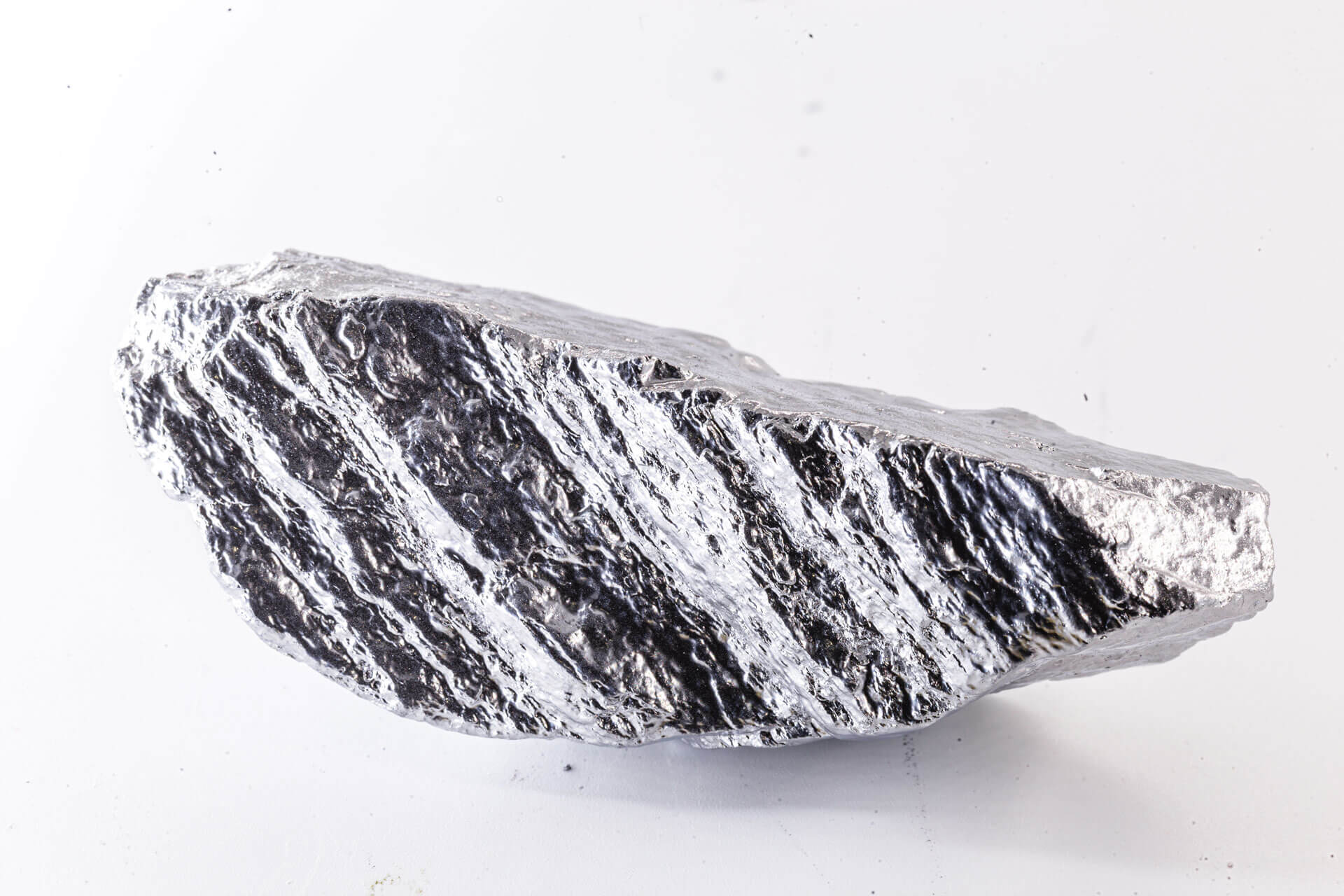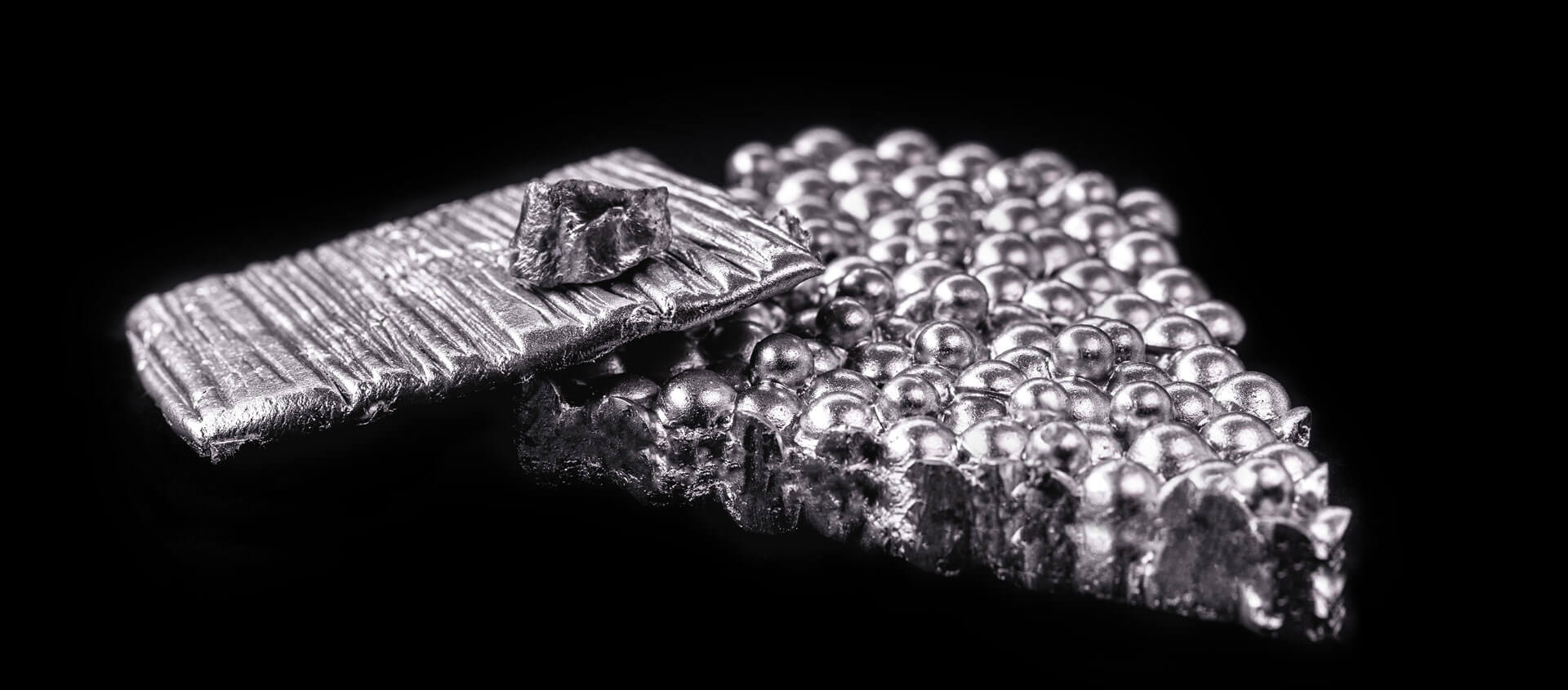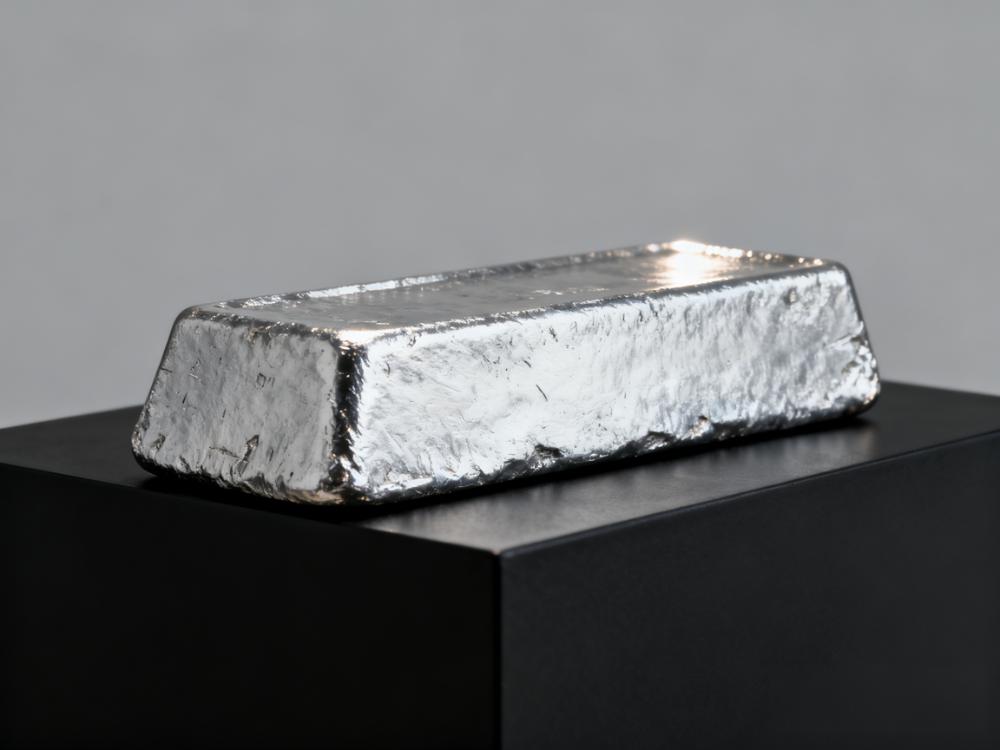According to the news released by the Economic and Commercial Office of the Consulate General of the Ministry of Commerce in Frankfurt on March 22nd, the European Union intends to recapture the lost territory of the battery industry. German economy Minister Altmeier, French economy Minister Lemerre and European Commission Vice President Sefkovic published a guest article in the German "Business Daily" that the EU hopes to increase the annual production capacity of electric vehicle batteries to more than 7 million electric vehicles by 2025. And hopes to increase Europe's global market share of electric vehicle batteries to 30% by 2030. Significant progress has been made in the construction of the EU electric vehicle battery industry, with the establishment of the European Battery Union in 2017 to reduce reliance on Asian battery manufacturers. Altmeier and Lemerre have also launched two cross-border promotion projects under which Germany alone will invest 13 billion euros, of which 2.6 billion euros will come from state finance.
According to a report released by Germany's Frankfurt Daily on March 1, by 2025, the battery capacity in Europe will be sufficient to meet the demand for 8 million electric vehicles per year.
According to the report, the latest market analysis of the European Federation of Transport and Environment predicts that the European battery industry has entered a period of rapid growth and will have sufficient battery capacity to supply local car companies this year, thus further reducing its dependence on Asian battery companies. Germany will become the European center of this key industry.
It is reported that Europe plans to set up 22 large battery plants, some of which are already under construction and are expected to create about 100000 new jobs by 2030, partly offsetting losses in the traditional internal combustion engine business. By 2025, European battery capacity will increase nearly tenfold from 49 gigawatt hours in 2020 to 460 gigawatt hours, enough to meet the demand for 8 million electric vehicles a year, half of which is located in Germany, ahead of Poland, Hungary, Norway, Sweden and France. The development of the European battery industry will far exceed the original target, and the European Union and member states will continue to provide billions of euros of support funds to speed up the pace of catching up with Asian countries.
In 2020, driven by the government subsidy policy, the sales of electric vehicles in Germany rose against the trend, increasing by 260%. Pure electric and plug-in hybrid models accounted for 70% of new car sales, making Germany the second largest electric vehicle market in the world after China. According to figures released by (Bafa), Germany's federal economic and export control agency, in January, applications for subsidies for 255000 electric vehicles were received in 2020, more than triple the number in 2019. Of these, 140000 are pure electric models, 115000 are plug-in hybrid models, and only 74 are hydrogen fuel cell models. The amount of subsidies paid for car purchases for the whole year reached 652 million euros, about seven times that of 2019. Since the federal government doubled the amount of subsidies for car purchases in July last year, 205000 applications for subsidies have been submitted in the second half of the year, more than the total from 2016 to 2019. At present, the subsidy funds are jointly provided by the government and manufacturers, up to 9000 euros for pure electric models and up to 6750 euros for hybrid models, and the current policy will be extended to 2025.
Battery Network also noted that in January this year, the European Commission approved funding of 2.9 billion euros ($3.52 billion) to support research in the four core stages of battery manufacturing in Europe: battery raw material extraction, battery unit design, battery system and battery recycling in the supply chain.
In terms of enterprises, battery network integrated foreign media reported that in this month alone, a number of car companies and battery companies have announced new trends in building power battery factories in Europe:
On March 22, the chairman of Volkswagen's Spanish car brand Seattle said the company wanted to build a battery assembly plant near its Barcelona plant to support its plan to start producing electric cars from 2025.
Panasonic announced on March 17th that it would sell two European factories that make consumer batteries to Aurelius, the German asset manager, and shift to the more promising field of electric vehicle batteries, with the deal expected to be completed in June.
According to an internal recruitment message released by BYD's Fudi Battery on March 17, the preparatory office for the new Fudi battery factory (European Group) is currently preparing to build the first overseas battery factory. The factory is mainly responsible for the production, packaging, storage and transportation of lithium-ion power batteries.
On March 15, Volkswagen announced that the group was working to ensure the supply of batteries beyond 2025. In Europe alone, the company is expected to build six superbattery plants with a total capacity of 240GWh/ by 2030. Thomas Schmaer, a member of the technical management committee of Volkswagen Group, revealed that the first two battery production plants will be located in Sweden, of which the Sherefteo (Skellefte) plant, which specializes in producing high-end batteries in cooperation with Swedish lithium battery developer and manufacturer Northvolt, is expected to be put into commercial use in 2023, with subsequent capacity expanding to the year 40GWh/.
On March 11th GM (GM) announced a new joint venture with SolidEnergy Systems. SolidEnergy Systems is a spin-off of the Massachusetts Institute of Technology (MIT) (MIT), which focuses on improving the energy density of lithium-ion batteries. The two companies plan to build a test plant in Woburn, Massachusetts, by 2023, which will be used to produce high-capacity pre-production batteries.
Northvolt, a Swedish lithium battery maker, announced on March 10th that it had acquired Cuberg, an American start-up, with the aim of acquiring technology that would improve its battery life.
On March 1, a fuel cell joint venture between Daimler trucks and Volvo announced last year has been formed. Volvo Group acquired a 50 per cent stake in Daimler truck fuel Cell Co., Ltd. for about 600m euros. The joint venture will be renamed cellcentric, to focus on developing and producing fuel cell systems for heavy trucks and is expected to achieve mass production after 2025.
Prior to this, Ningde Times, Honeycomb Energy, AVIC Lithium and other domestic battery companies all revealed their intention to build factories or expand the production of power batteries in Europe, attracting Enjie shares, Xingyuan Materials, New Zebang, Divine Materials, Jiangsu Cathay Pacific, Stone Dashenhua, Nord shares, Kodali and other lithium materials to aggravate the European market layout.
According to the European Electric vehicle Market report released by Schmidt Automotive Research, a German professional automobile company, the total sales of Chinese electric passenger car brands in 18 major European car markets reached 23836 in 2020, an increase of more than 13 times compared with the same period in 2019, with a market share of 3.3%, indicating that Chinese electric vehicles are ushering in a period of rapid development in the European market.



